SELF-CARE
Self-care services are a way to increase the well-being of Finns and to target healthcare more effectively.
Self-care is the future
Finland already has electronic services for promoting well-being, monitoring health and treating illnesses, but the range of welfare services available on the internet and over the telephone is likely to increase considerably in the future. In practice, electronic self-care services make it possible for a physician to treat, for example, an ear infection on the basis of a picture taken of the patient’s eardrum. These e-services can also allow patients to renew their prescriptions and monitor their blood count online, and enable elderly people to live in their own homes for longer with the support of various remote devices.
A high percentage of Finns say that they like monitoring their own health, looking after themselves, and having a say in their treatment if they fall ill. In a society that offers a growing range of increasingly advanced electronic services alongside traditional healthcare, they will have more and more opportunities to do just that.
The biggest challenge is to change the way people think about healthcare; to make them see that the aim is to make their lives easier and to give them more opportunities to look after their own health. Self-care increases welfare across the population, brings economic benefits to society, and allows public and private healthcare services to be targeted more effectively, since healthcare professionals subsequently have more time to treat patients instead of attending to routine tasks.
An ageing population, the trend where patients are becoming more like regular customers, and the cost of more and more advanced treatments are pushing healthcare spending beyond society’s capacity. Finland’s healthcare expenditure still accounts for a relatively low percentage of gross domestic product, but the costs are expected to increase rapidly over the coming years. According to the Finnish Ministry of Finance, age-related treatment and nursing costs will increase by six percentage points by the mid-2030s unless structural reforms are introduced.
Population ageing is also expected to cause a chronic shortage of labour in the social welfare and healthcare sector. According to the Finnish Ministry of Employment and the Economy, the shortage will be as high as 20,000 people as soon as 2025. Developing electronic self-care services to take some of the burden off traditional healthcare is one solution to this problem.
One of the aims of Sitra’s Welfare from Information division is to contribute to the development of user-friendly electronic services for health promotion. Sitra sponsors research to find best practices, to boost the national economy, and to create conditions for Finland to become an international pioneer in electronic welfare services.
Electronic services allow us to shift the emphasis of healthcare from treating illnesses to promoting health, and make it possible to:
- increase the welfare and health of Finland’s population – electronic self-care services have yielded extremely positive results both in Finland and abroad, sometimes surpassing the means of traditional healthcare;
- improve the cost-effectiveness of the healthcare system, ensure an adequate supply of healthcare professionals, and target services at those who need them;
- offer help 24 hours a day and seven days a week while shortening healthcare queues;
- contact healthcare professionals more easily, therefore making illnesses easier to prevent;
- create new innovations and new business, and boost Finnish export trade;
- reduce health differences among the population and achieve a more even geographical distribution of healthcare services;
- create new highly skilled jobs.
Sitra has several projects relating to self-care in progress:
Electronic maternity card: An experiment is being carried out this year in the Tampere region which involves replacing the traditional maternity card with an electronic service that allows expectant mothers to access all information relating to their pregnancy online. The objective of the electronic maternity card is to improve the exchange of information between maternity clinics, expectant mothers and hospitals, to reduce the likelihood of mistakes, to improve customer service, and to make monitoring high-risk pregnancies more efficient. Expectant mothers can use the electronic service to share information with their family and friends as well as healthcare professionals and to monitor their own pregnancy and health more easily.
Patient videos: Sitra is studying the effectiveness of patient videos in nursing by means of a series of videos about shoulder surgery. The videos were scripted and produced by Ari Heinilä from a production company called Motion, who himself was recovering from shoulder surgery. The videos show the recovery process from the patient’s perspective and are designed to help others who are considering surgery to make a decision, to speed up the recovery process, to share information and to support surgery patients in their recovery. Self-care videos could become an important tool for nursing in the near future.
The videos are available online (in Finnish only):
Shoulder surgery 1/3, 0–8 weeks after surgery
Shoulder surgery 2/3, 2–6 months after surgery
Shoulder surgery 3/3, 6–12 months after surgery
Electronic health service for the elderly: The University of Jyväskylä and Sitra have set up a collaborative project which involves developing a user-friendly electronic service for the elderly to motivate them to take more exercise and to be generally more physically and socially active. The service can be accessed on a tablet computer or via internet television. The electronic health service is designed to reduce the need for institutional care and to allow elderly people to live in their own homes for longer. The service will be piloted in the Jyväskylä area in the spring of 2013.

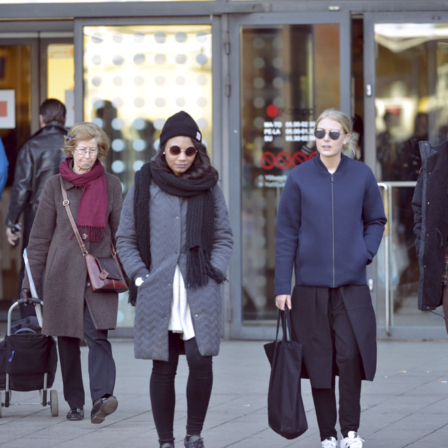
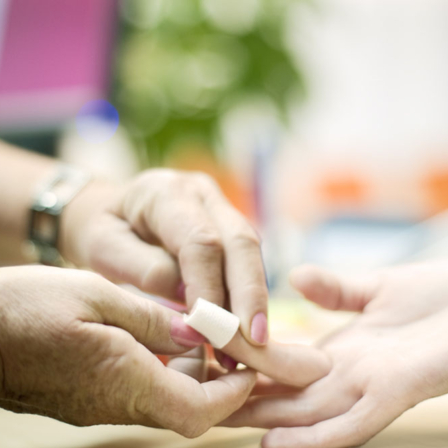


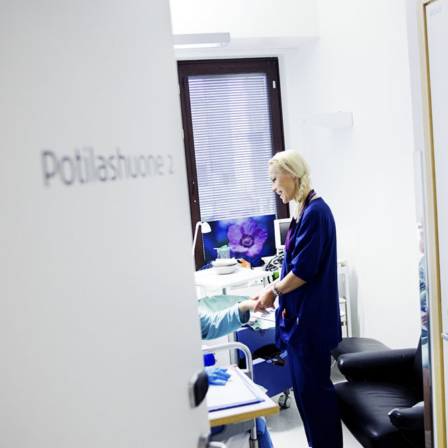

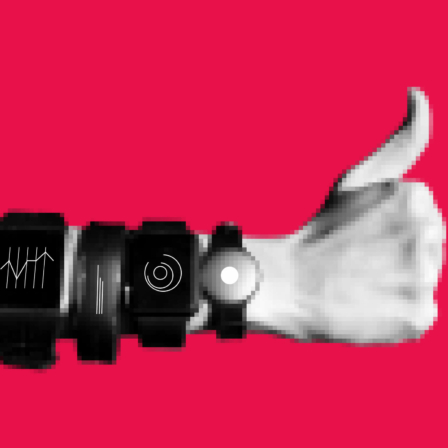


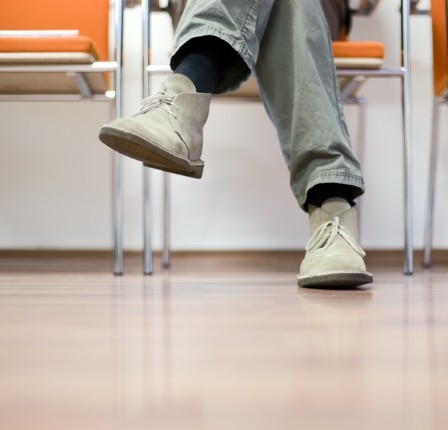


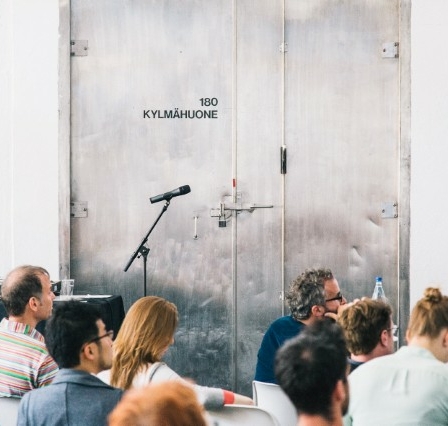


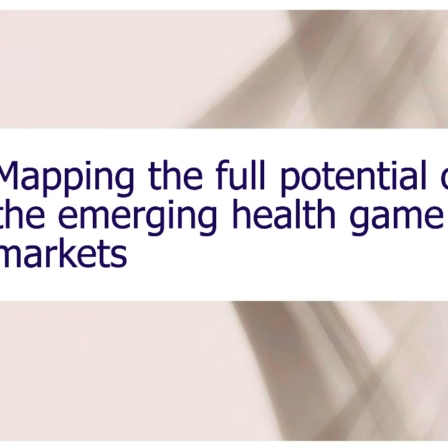
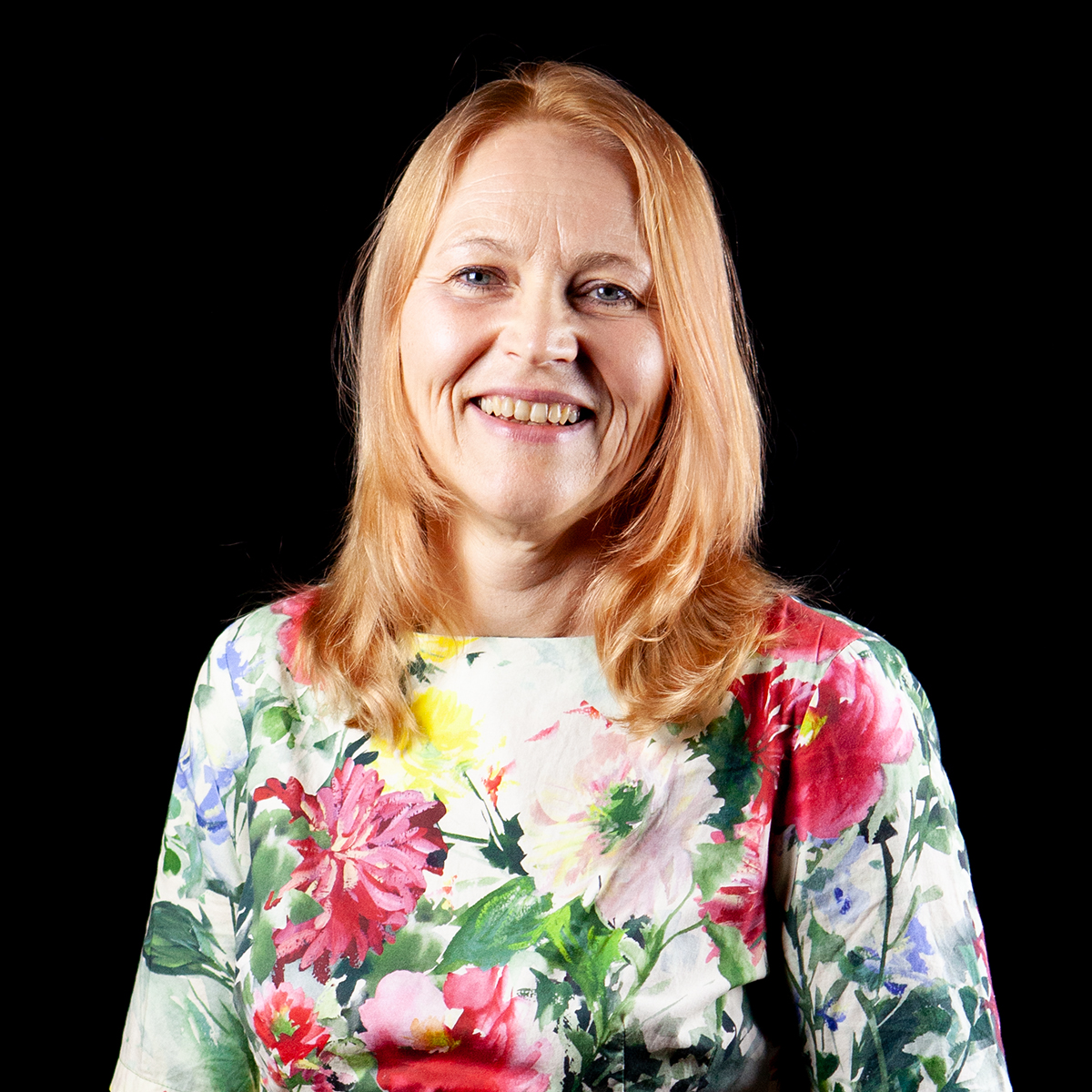
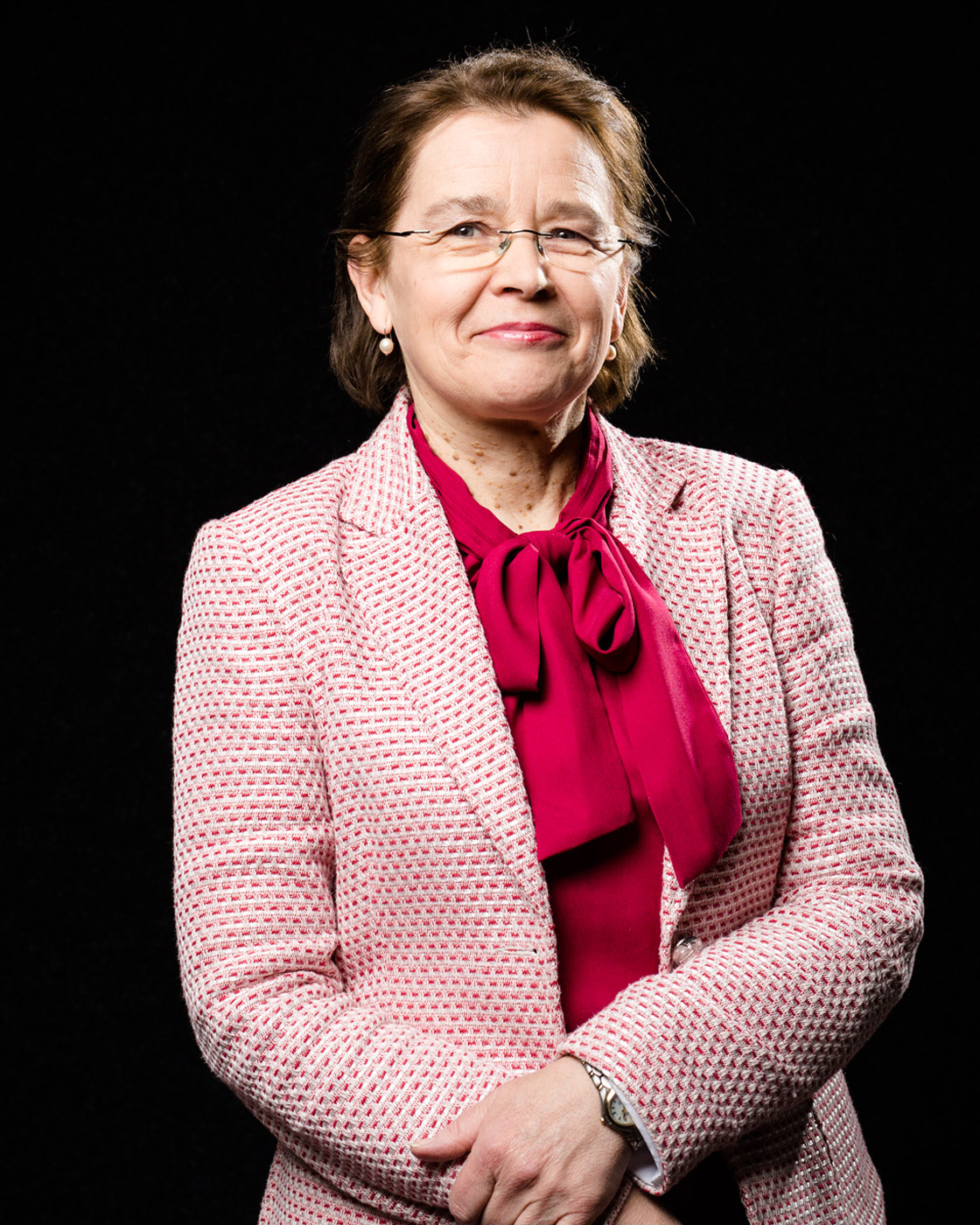
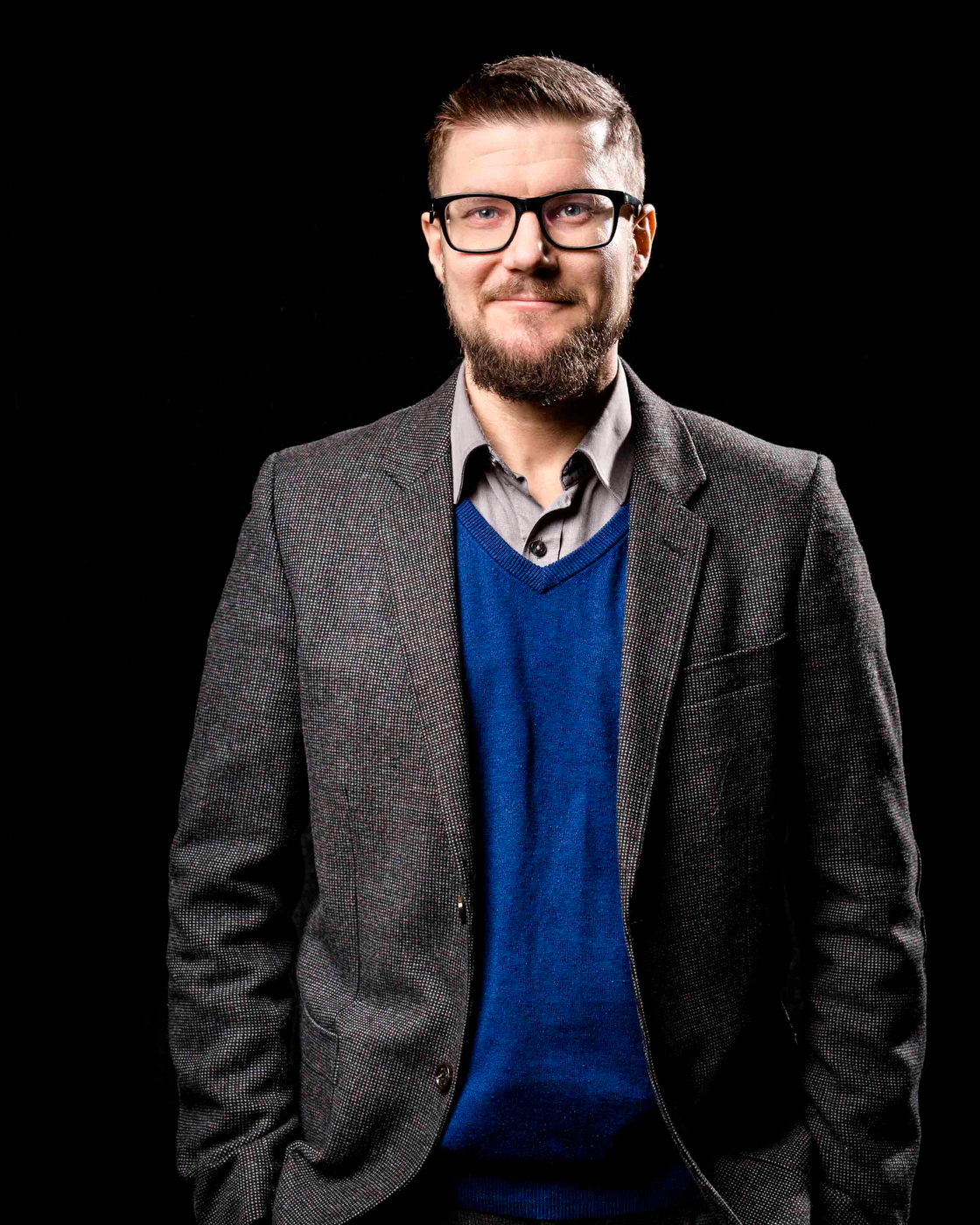
LATEST